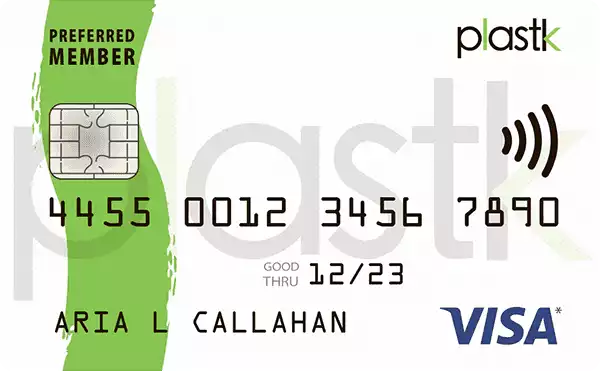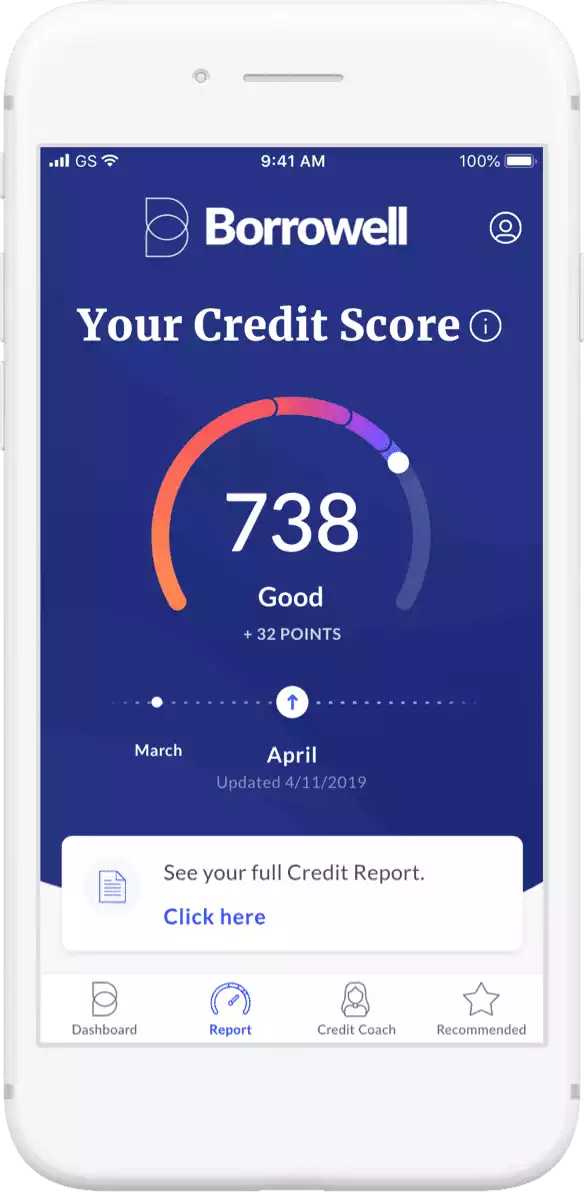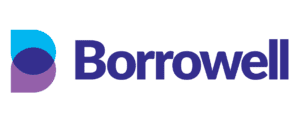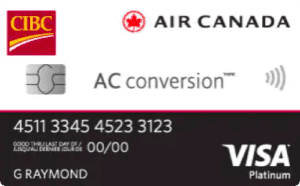
Do you need to raise your credit score 100 points or more? Sometimes life throws you in a position where your credit score is lower than you need to get approved for financing. When it comes to sourcing credit cards and loans with lower rates, your credit score can affect your financial future. If you currently have a low or bad credit score and you are looking for ways to raise your credit score by 100 points, then this article is for you. While there is no magic bullet that will quickly raise your credit score, especially a bad credit score, following these 10 tips can increase your credit score a 100 points or more over time.
But first, let’s look at credit scores and how it works in Canada.
What’s a Credit Score?
A credit score is a number that represents the likelihood that you will pay a loan on time. Many businesses can use your credit score to decide whether to give you credit and determine the interest rate you will pay back to the lender for borrowed money. A good credit score in Canada demonstrates your credibility to Canadian lenders.
Credit scores in Canada
There are different scoring models, and some of them use your personal data to calculate your credit score. In Canada, your credit score is determined based on the information on your credit report by either Equifax or TransUnion. You can also access your score, along with tips to improve it, via applications like ClearScore.
Equifax and TransUnion are credit reporting agencies in Canada that independently gather information, such as your payment history, from your financial institutions and even information from phone and utility companies. These reporting agencies then use the information gathered to produce your credit score, and it ranges from 300 to 900 when using the Equifax Risk Score (ERS) 2.0 model. The higher your credit score, the less the Canadian lenders see you as a risk. However, each credit bureau has different scores, and every lender will look at your credit score along with its own lending criteria to make a decision.
Wondering what the risk rankings of credit scores in Canada look like? Remember, there are different models. Let’s look at the interpretation of the credit scores using the Equifax Risk Score (ERS) 2.0 model.
- 760 – 900: Excellent credit score. Your chances of getting approved for any credit products are high, and you may get the lowest interest rate.
- 713 – 740: Very good score. You are most likely to get approved for credit, and you can expect favourable interest rates.
- 660 – 724: Fair credit score. You may get approved for financing, and you can expect above average interest rates.
- 560 – 659: Poor credit score. You might only get approved for secured products at a very high interest rate, sometimes in the double digits.
- 300 – 559: Very poor credit score, you are a high-risk borrower. If you find yourself in this category you might not get approved for loans. If you do get approved, your interest rate could be as high as 60% depending on the province you’re in.
Generally, using the ERS 2.0 model, a credit score of 670 and up is considered a low-risk borrower by Canadian lenders.
How long will it take to increase your credit score by 100 points?
Individuals with a lower credit score can easily raise their credit score 100 points compared to those with a credit history of missed payments. If you find yourself in the lower spectrum of the credit score, the first thing you should realize is that raising your credit score by 100 points is not as overwhelming as you may think. Although there’s no quick fix to increasing credit scores, you can raise your credit score 100 points in Canada using these ten tips below:
#1. Pay Your Bills Early
Do you often miss your credit payments? How do you feel when you remember you missed a scheduled payment, and it affects your credit score? Terrible, right?
However, there are measures you can put in place to ensure you pay your bills on time. You can set up an autopay from your bank or credit card company or install a mobile app that helps keep track of your bills.
If you have any outstanding bills, you should pay them off first before the new bills. You can also set a reminder using your digital calendar to ensure early payment of bills.
To increase your credit score by 100 points, paying your bills on time is key because it prevents your credit score from decreasing, especially if you have a challenge with making an early payment.
#2. Have a Credible Credit History
A stronger history increases your credit score. Closing a credit account shows you cannot manage your credit which weakens your file and lowers your score.
To increase your credit score by 100 points, do not be quick to close your unused credit accounts. Leave the records of fully-paid old debts on your credit report and leave credit cards open, even if you don’t use them. It’s a wise way of increasing your credit score.
#3. Spend Less Than Your Available Credit
Spending less than your available credit can increase your credit score by up to 100 points. How well you utilize your available credit goes a long way to affect your credit scores.
If you have a certain amount as your credit limit, try as much as possible to spend less, and reduce your credit utilization ratio. Most creditors check for the available credit on your cards and how much you’ve spent. It’s best to spend less than 30% of your available credit.
Do not overuse your credit card. If, for instance, you have $2000 as your credit card limit, try to keep the balance below $600. Try to pay more than the minimum amount on your credit card.
#4. Review Your Credit Report Regularly
Spend time reviewing your credit report. Look out for any mistake made, and if found, don’t hesitate to ask for a correction from the credit bureau.
Having someone else’s credit report doesn’t increase your score hence the need for regular review on your credit report. Also, review other factors in your credit report that reduce your credit score and find ways to improve them.
#5. Pay Your Debts in Full
Write out how much you’re owing and draft a payment plan for each credit account. There are various strategies to help pay off your debts monthly.
You can start by paying off small debts, excluding mortgages, by using the debt snowball method. The debt avalanche payment method also helps pay off debt with the highest interest rate first. Avoid bad debts like accounts sent to collection agencies; it lowers your credit score.
#6. Apply for New Credit Only When Necessary
Try as much as you can to apply for a new credit card only when you need it. Having few credit cards boosts your credit score.
Constant applications for credit raises a red flag for lenders because they see it as risky behaviour. Before you apply for a new card, ensure it’s necessary and, if possible, avoid debt.
#7. Have a Mix of Credit Accounts
Having a mixed credit shows your credibility towards handling credits. If you’re making a payment for a car loan, mortgage, and insurance, you should have different types of accounts in your report.
Some lenders like to see different types of credit on your report before issuing you new credit. However, do not obtain a loan just for the sake of mixing up your credit.
#8. Increase Your Credit Limit
The credit limit is the maximum amount you can spend with your credit card or line of credit. You can ask for an increase in your credit limit from the credit card issuer or lender. Try your best to spend less than your credit limit.
Although raising your credit card limit increases your score, you must however be careful not to spend more than your available limit. For instance, if you ask for a raise in your credit card limit from $3000 to $5000, try to keep your balance below $1500.
To increase your credit score, the balance of each personal credit card or line of credit account should be thirty percent or less. Spending less than thirty percent of your credit limit can increase your credit score by up to 100 points over time.
#9. Keep Your Old Credit Card
One of the things that affects your credit score is the age of your credit account. It can be tempting to close your oldest credit card, but doing that can affect your utilization ratio and reduce your credit score. Try to have some transaction activity on your old credit card, even if you rarely use the card.
However, due to inactivity, your credit card can be cancelled by your provider. To avoid such, you can gradually build your credit history by setting up auto payments for lower expenses such as your monthly subscriptions.
#10. Consider Getting a Secured Credit Card
If you are just starting to build your credit score, one of the fastest ways to raise your credit score is to get a secured credit card. A secured credit card requires you to make an upfront payment which serves as your credit limit.
For example, if you make an upfront payment of $250 to your credit card company to get a secured card, your credit limit will also be $250, and you are allowed to spend the upfront payment.
You can then use the secured card responsibly, and every payment you make gradually increases your credit score. If you are finding it difficult to get approved for an unsecured card, you can start up with a secured card, build your payment history and apply for an unsecured card after a while.
Conclusion
If you’re looking for how to increase your credit score for good, then the above-mentioned points in this article will help you achieve that. If your credit score is low, don’t give up.
Pay your debts on time, try not to miss a payment, and review your credit report regularly. If you discipline yourself to have a healthy credit score, chances are, it will keep increasing by 100 points or more.






















About The Author: Arthur Dubois
Passionate about personal finance and financial technology, Arthur Dubois is a writer and SEO specialist at Hardbacon. Since his arrival in Canada, he’s built his credit score from nothing.
Arthur invests in the stock market but doesn’t pay any fees because he uses National Bank Direct Brokerage online broker and Wealthsimple’s robo-advisor. He pays for his subscriptions online with his KOHO prepaid card, and uses his Tangerine credit card for most of his in-store purchases. When he buys bitcoins, it’s with the BitBuy online platform. Of course it goes without saying that he uses the Hardbacon app so that he can manage all of his finances from one convenient place.
More posts by Arthur Dubois